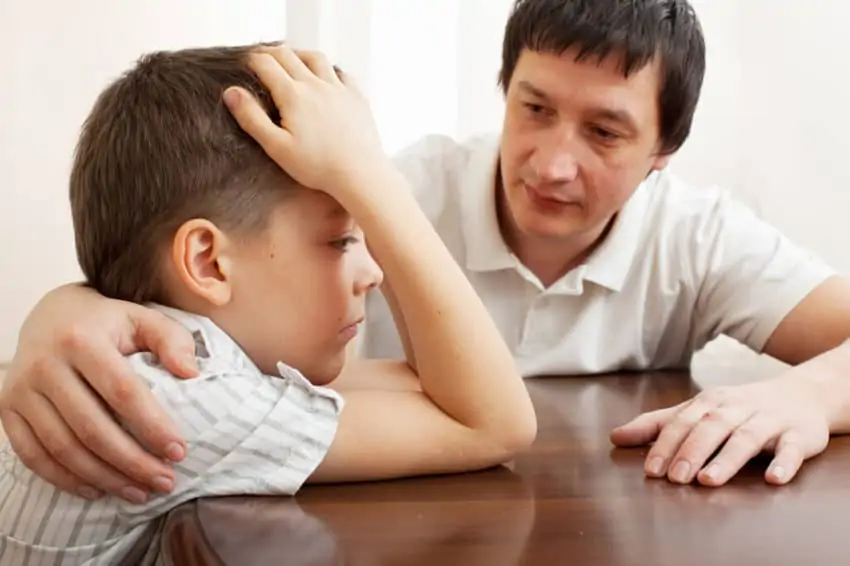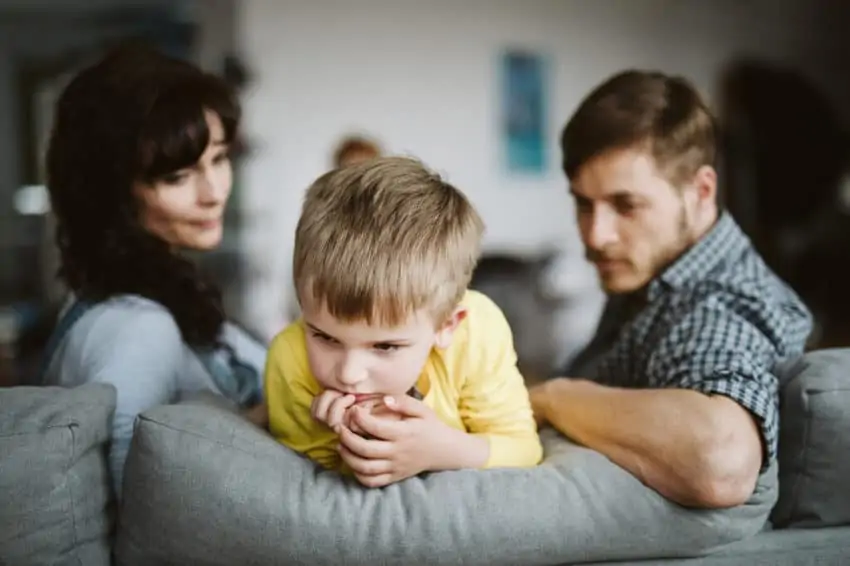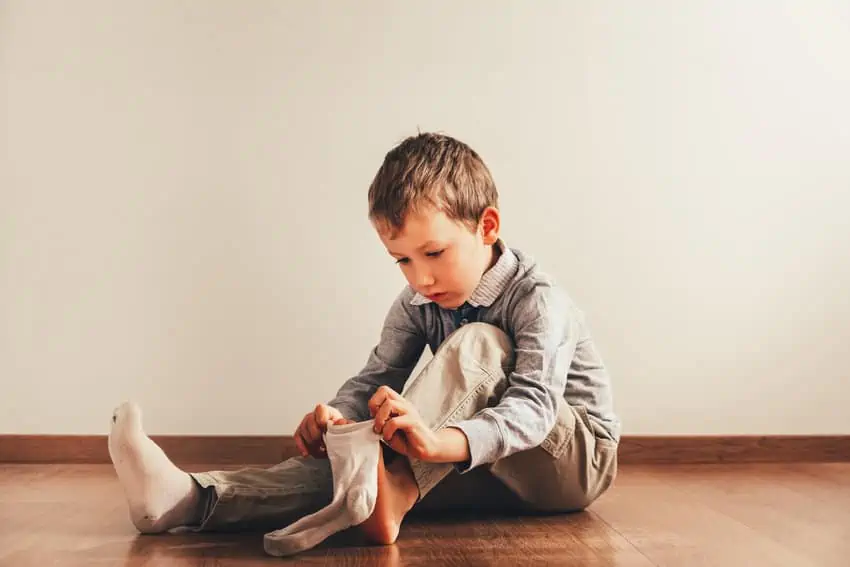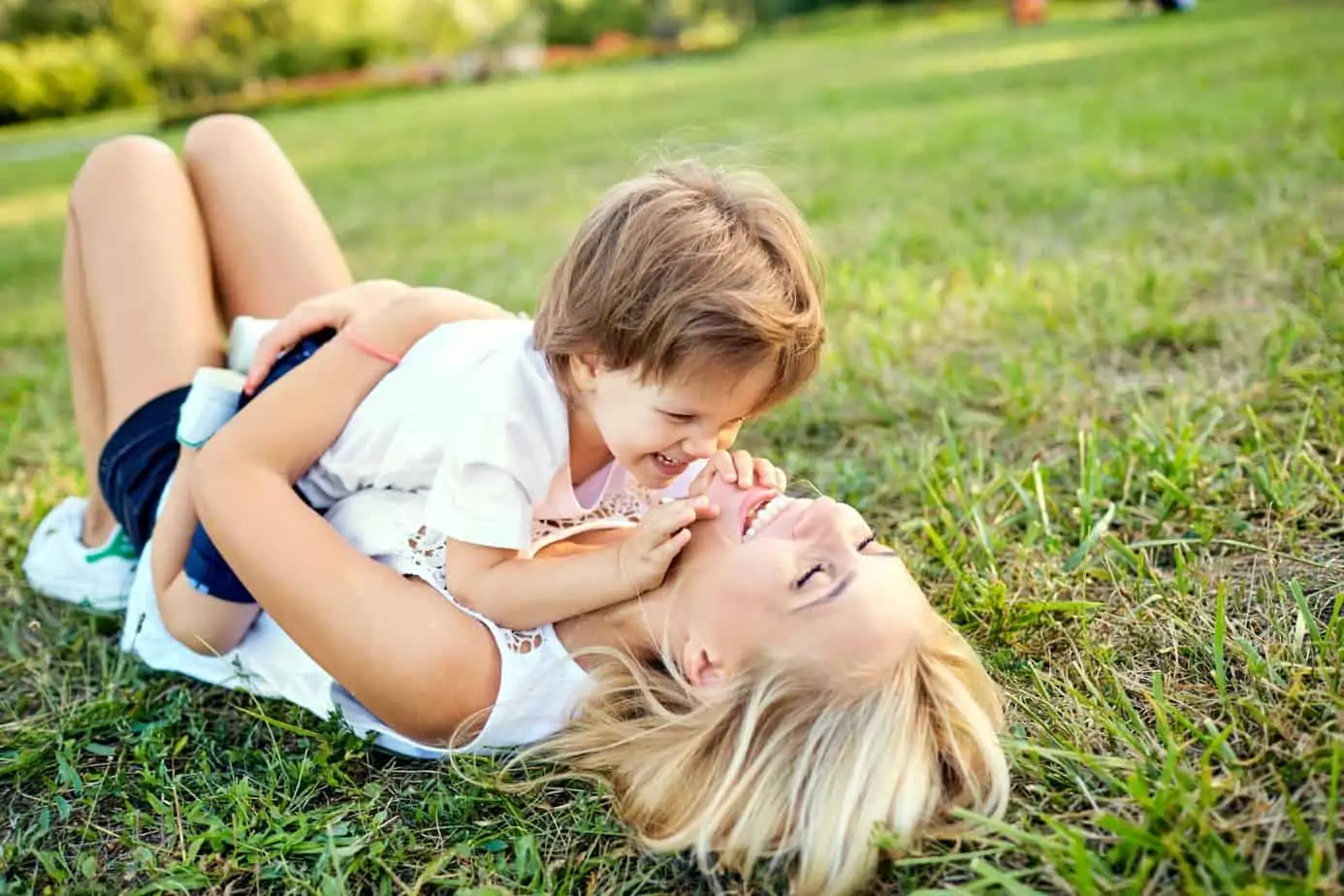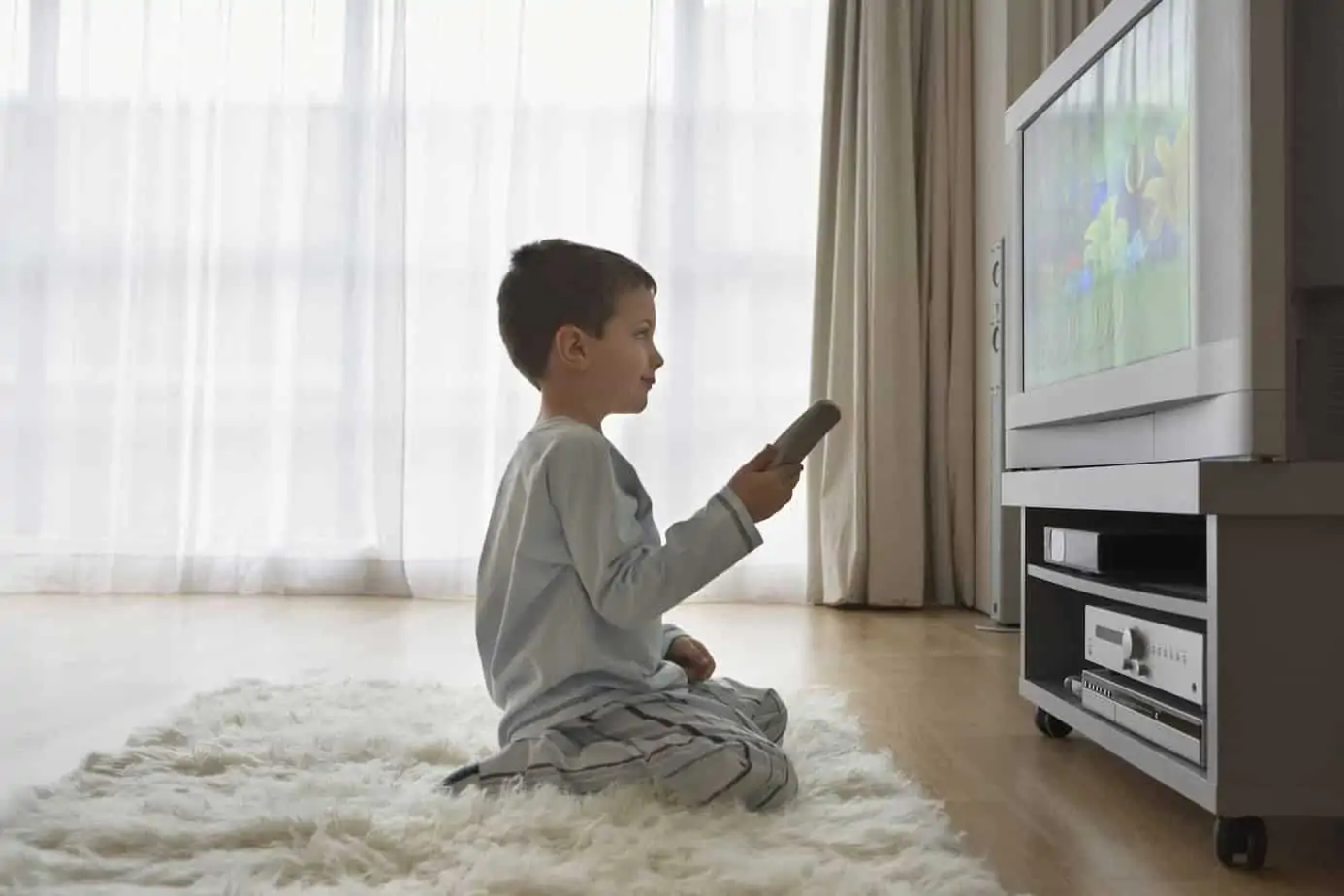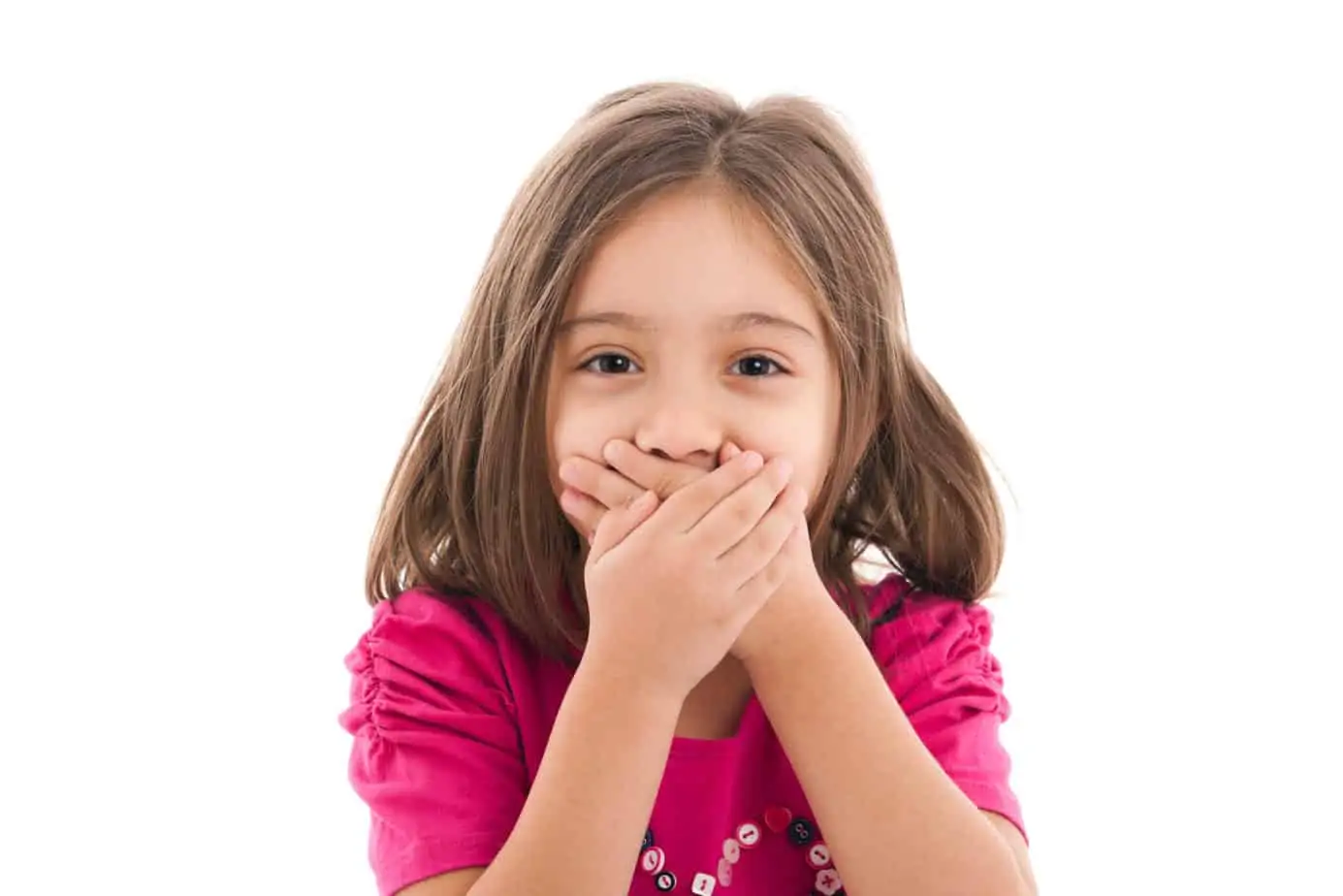Now more than ever, maintaining a kid’s good mental health has become a priority for many parents. Just like us, kids experience the normal ups and downs of life. Sometimes they need a break themselves and it’s important to understand how to deal with your children’s mental health as part of their overall well-being.
7 Signs Your Child Needs a Mental Health Day to Recharge
Mental health is never static. In the same way that we need to work on physical health, we need to practice good habits for mental health too.
A big part of this is learning when and how to take a mental health day.
What Is Good Mental Health?
Before we get into what a mental health day is, it’s important to understand children’s mental health. We often think of them as resilient little beings, ones who scrape their knee and are playing again five minutes later.
In reality, their brains are like sponges and each moment, good or bad, can ultimately shape the state of their well-being well into adulthood.
Many associate good mental health with the absence of mental illness, but isn’t life so much more than making it through? Good mental health can mean a lot of things!
It means you:
- experience positive emotions
- have a sense of purpose
- feel satisfied with life
- have good coping mechanisms
- form positive relationships
- and, feel good socially and emotionally!
Good mental health will help to prevent other mental health issues from occurring.
Focusing on your kid’s mental health will create a strong foundation for their mental wellbeing as an adult. It will also improve relationships both at home and school. Beyond the obvious, good mental health has been associated with:
- academic success
- the ability to adapt
- good behavior
- social and positive relationships
What Is A Mental Health Day?
So, how do we nurture good mental health? Mental health days are rising in conversation, but it has mostly been centered around adults taking a break from work. It’s a bad assumption to believe that school is less stressful than work. Arguably, your kids may need them even more than you do.
Mental health days are typically used for handling stress or anxiety over non-work-related issues. This can mean anything from having a bad sleep to helping take care of a sick relative. There are all kinds of pressures that we face where sometimes we just need a moment to collect ourselves and take a break.
Well, guess what? Your kids can feel the same way!
Of course, some kids do like to fake sick and play hooky, but at the end of the day, you know your kid best and when they truly need a day away from school. A mental health day for kids can be a full day off or just a simple sleep-in. It helps to manage stress, anxiety, and lows.
Mental health days are also an important teaching lesson! Many focus on physical health rather than mental health. Many of us know that the hustle culture of today has many adults overworked and stressed.
Why would we want to pass that on to our kids? A mental health day shows that their mental health is just as important and that you need to take care of yourself sometimes.
7 Signs A Children’s Mental Health Day Is Needed
Want to know what you should look out for when considering children’s mental health? Out of normal behavior can look like any of the following:
- Anxiety Or Stress – Are they overwhelmed more than usual? (see this anxiety grounding tip)
- External Factors – Things like moving or divorce can make a child worry about issues at home. (14 factors that contribute to kid’s behavior and misbehavior)
- Mood Swings – If your child seems angrier than normal, it’s a sign something’s up.
- Physical Pain – Symptoms like headaches or gut aches can translate from stress.
- Sleeping Issues – The inability to sleep or waking up early shows they can’t turn their brain off about something.
- Clinginess – As their protector, if they want to stay near you, something may not make them feel safe at school.
- Change In Appetite – Some people are stress eaters while some can’t stomach the idea of food.
Make The Most Out Of It
If you’ve decided to go ahead and suggest a mental health day for your kid, the next question is, now what? You want to use this day to not only give your child rest but also get to the root of the problem as well as try and lift their spirits. Depending on the issue, it can be as simple as sleeping in and giving the brain and body a moment to catch up on rest.
It may also mean quality time. You can keep them entertained by being active together such as playing in the yard or going for a bike ride together. Time spent with a loved one, whether that is mom and dad, grandma and grandpa, or even the family pet, can really recharge the spirits.
When you don’t have as much time, you can also allow your child to keep entertained by doing activities such as reading, playing, or crafting. Keep in mind, you don’t want them to do this all day and time spent together is always best!
How Parents Can Support Their Children’s Mental Health
While mental health days are important, you want to try and foster good mental health every day. Supporting your children’s mental health now will help to avoid extremely bad days and allow them to create sustainable ways of coping.
- The first thing you can do is pay attention. Yes, it sounds simple, but many parents can unintentionally ignore the signs right in front of them.When a child tells you about their day, truly listen. What seems big to them may not seem like a big deal to you, but you should never minimize their experience, good or bad. Your presence means everything to them, both physically and mentally. Spend quality time together to listen, speak, and be there when they need you.
- Watch their behavior. Praise any kind of positive interactions and experiences so they can feel good about how they handled a situation.
Kids can learn from good experiences just as much as they can learn from bad ones. And, when the bad experiences do ultimately happen, ask how you can build resiliency. Adversity happens and a child needs to learn how to handle their situations, stand up for themselves, and help others.
- Community also stems from that. Encourage your kids to get involved with their community and interact with all kinds of people. Volunteer work can teach children a lot and the community also brings a sense of belonging. Not only do they need to connect with you, but they also need to feel welcome in their environment. Parents, teachers, friends, siblings, and even the neighborhood all play a part.
- Finally, good physical health translates into good mental health. Eating a healthy diet, getting enough sleep, and regular exercise all contribute to how the day is going to go.
The Takeaway: Creating A Safe Environment
If your kid is asking for a mental health day, this is a good opportunity to look at the big picture. Why wouldn’t they want to go to school?
This can also translate to daycare, a youth group, a sports team, etc. Something about that place or activity is not sitting right with them at that moment. Bullying, peer pressure, and anxiety can all be at play.
To maintain good mental health outside the home, kids need to feel safe, respected and be treated kindly. Outside of the home, a big part of this goes to teachers and other adults. All kids need to understand the rules and fair discipline practices. Having adults present greatly lessens the opportunity for kids to treat each other unkindly.
So, what can you as a parent do about that? First, look for signs in your child that something is up. This way you can bring it to the attention of the school or other adults who are present. You can also teach your kid to stand up for others. When kids learn to stick together and reach out to one another when they need help, the whole community is better for it.
If your child struggles to communicate their feelings, the Emotions A-Z eCourse can help you as a parent teach your kids how to communicate calmly and effectively. Alternatively, emotion picture cards are great for visual learners and young kids who need help expressing the emotion they are experiencing.
Developing clear communication tools from a young age will help you support your child as they continue to grow and handle big emotions!
Related Resources for Teaching Emotions & Emotional Intelligence:
- 14 Factors That Influence a Child’s Behavior or Trigger Their Misbehavior
- Help For A Child Who Reacts to Environmental Triggers & Sensory Overload
- 7 Tips For Perfecting Your Child’s Bedtime Routine & Ending Night Struggles
- Spotting Overwhelming Situations When Kids Need A Parent’s Help
- How To Meet The Core Emotional Needs Of A Child
- Teaching Feelings & 6 Steps To Help Kids Express Their Emotions
Want even more?
Shop All Parenting Resources
Shop all of our parenting resources from self-regulation tools and managing big emotions to building self esteem and confidence. There are resources for all seasons of life!

